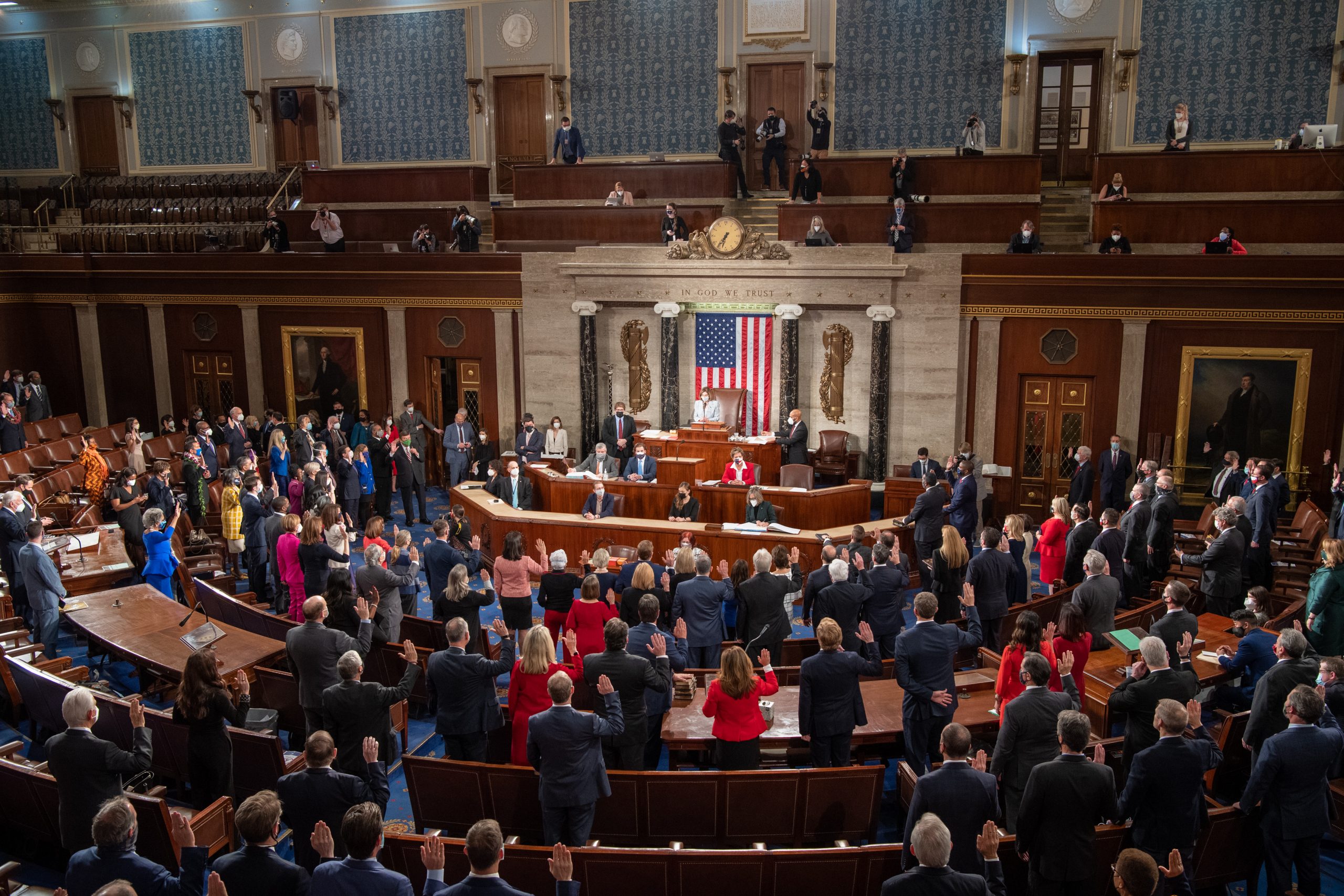Survey and Analysis of Current End-User Data Analytics Tool Support
Hourieh Khalajzadeh – John Grundy
Faculty of Information Technology, Monash University
Mohamed Abdelrazek
School of Information Technology, Deakin University
John Hosking
Faculty of Science, University of Auckland
Qiang He
Swinburne University of Technology
Abstract: There has been a very large growth in interest in big data analytics to discover patterns and insights. A major challenge in this domain is the need to combine domain knowledge – what the data means (semantics) and what it is used for – with advanced data analytics and visualization techniques to mine and communicate important information from the huge volumes of raw data. Many data analytics tools have been developed for both research and practice to assist in specifying, integrating and deploying data analytics applications. However, delivering such big data analytics applications requires a capable team with different skillsets including data scientists, software engineers and domain experts. Such teams and skillsets usually take a long time to build and have high running costs. An alternative is to provide domain experts and data scientists – the end users – with tools they can use to create and deploy complex data analytics application solutions directly with less technical skills required. In this paper we present a survey and analysis of several current research and practice approaches to supporting data analytics for end-users, identifying key strengths, weaknesses and opportunities for future research.
CLICK HERE to order complete paper


















